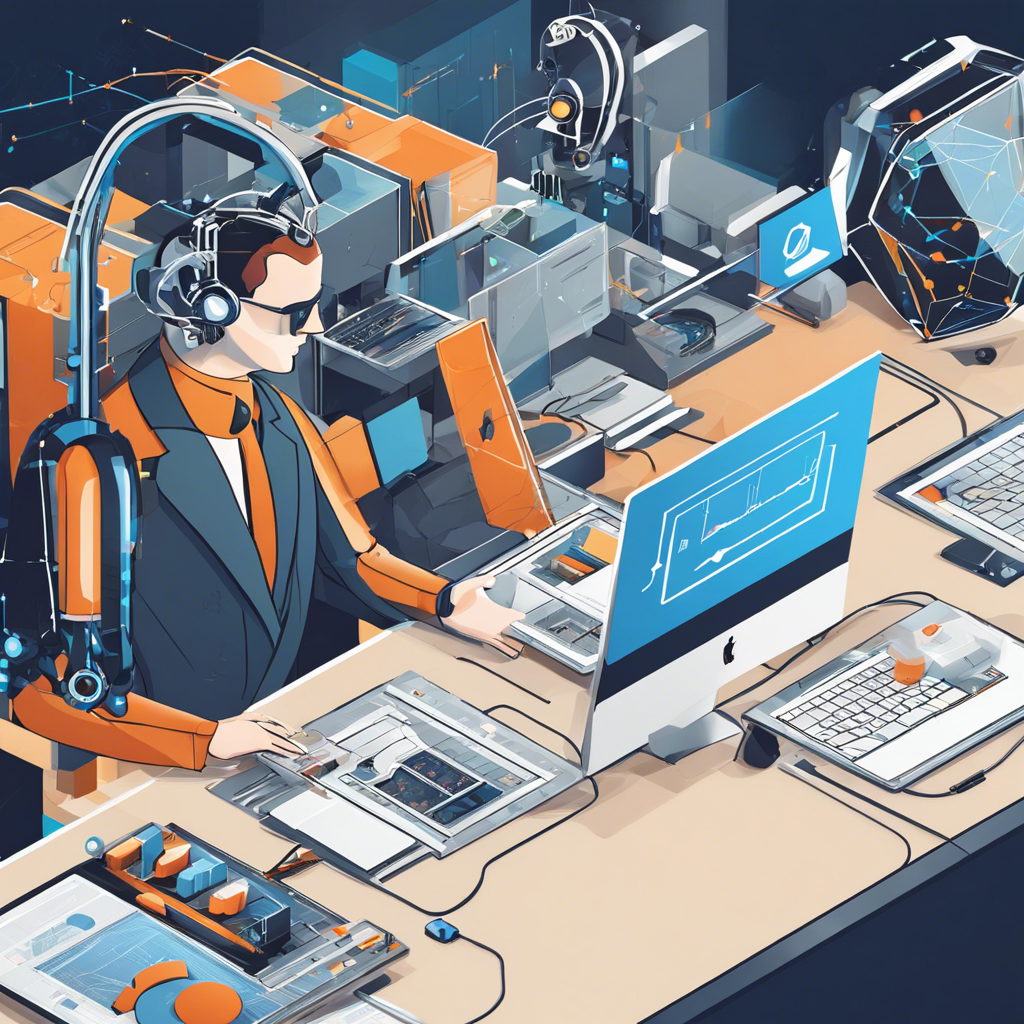AI Project Management: Revolutionizing the Way Projects are Executed
The world of project management is undergoing a transformative shift with the integration of Artificial Intelligence (AI). AI project management is not just a futuristic concept; it’s a powerful tool that is revolutionizing the way projects are planned, executed, and delivered. From initial brainstorming to final deployment, AI is streamlining processes and enhancing productivity in ways we could only imagine a decade ago. This technology is no longer a luxury but a necessity for businesses aiming to stay competitive.
Understanding the Role of AI in Project Management:
AI in project management involves utilizing machine learning algorithms and intelligent automation to optimize every stage of a project’s lifecycle. It starts with project conception, where AI can analyze historical data to predict trends and identify potential challenges. This enables project managers to make informed decisions and set realistic goals from the very beginning. For instance, if a software development company is planning a new project, AI can provide insights into similar past projects, helping managers estimate timelines and allocate resources more accurately.
Then comes the planning phase, where AI shines by creating dynamic project plans. These plans can adapt to real-time changes, ensuring the project stays on track despite unforeseen circumstances. The ability to automatically adjust schedules and resources based on project progress is a game-changer, reducing the stress on project managers.
Streamlining Project Execution:
During project execution, AI-powered tools become invaluable assistants to project managers and team members alike. These tools can monitor tasks, track progress, and provide instant updates, ensuring everyone is on the same page. Natural Language Processing (NLP) enables AI to interpret and respond to human language, allowing team members to communicate with the AI system as they would with a colleague. This real-time collaboration and communication streamline the entire project execution process.
Moreover, AI can automate routine tasks, reducing the risk of human error and freeing up time for teams to focus on more creative, strategic aspects of the project. This automation is particularly beneficial for repetitive, time-consuming tasks, improving overall efficiency.
Enhancing Project Monitoring and Control:
AI also plays a critical role in project monitoring and control. By analyzing data in real-time, AI can identify potential issues before they become major problems. It can detect deviations from the plan and suggest corrective actions, helping to keep projects on schedule and within budget. Advanced analytics and predictive modeling enable AI to forecast potential risks and opportunities, allowing project managers to make proactive decisions.
Deployment and Beyond:
The benefits of AI in project management don’t end with deployment. Post-project, AI can generate comprehensive reports, providing valuable insights for future projects. These reports can highlight areas of success, as well as areas for improvement, contributing to continuous learning and development within the organization.
As AI continues to evolve, its role in project management will only become more significant, offering increased efficiency, improved decision-making, and a competitive edge to businesses worldwide. The future of project management is here, and it’s driven by AI. In the following sections, we will delve deeper into real-world applications and the practical implementation of AI in project management.


